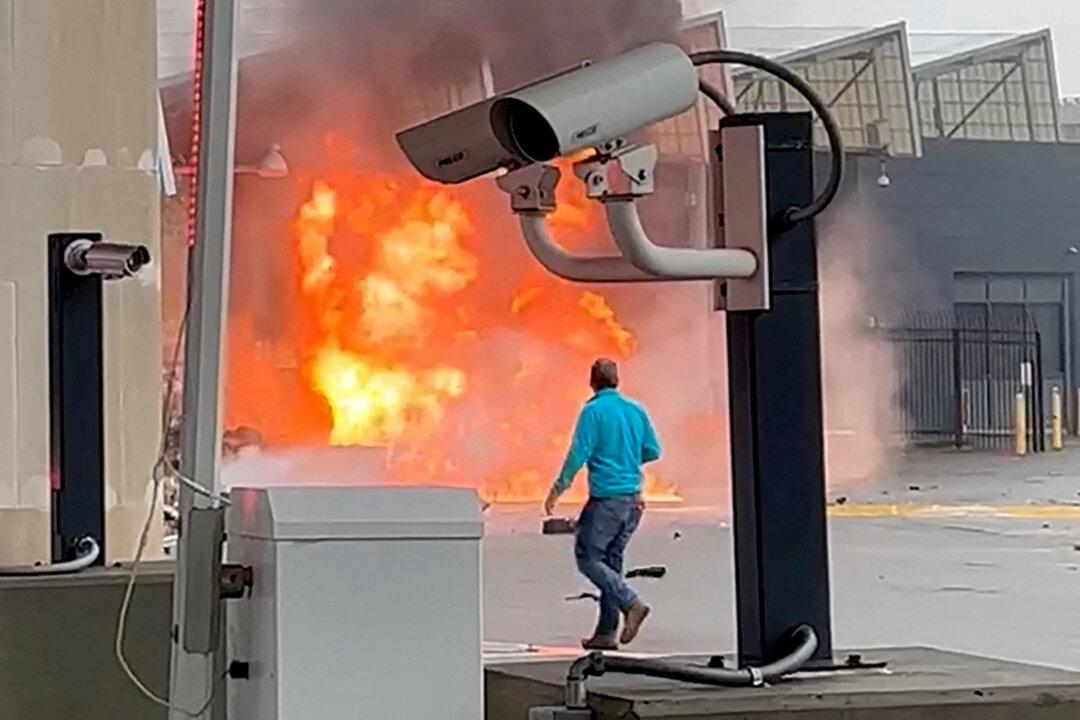Commentary
The word “grooming” has been brought up a lot in the past year when referencing introducing sexual content to children, but I wonder if we are all being socially groomed to behave unlike ourselves.

The word “grooming” has been brought up a lot in the past year when referencing introducing sexual content to children, but I wonder if we are all being socially groomed to behave unlike ourselves.